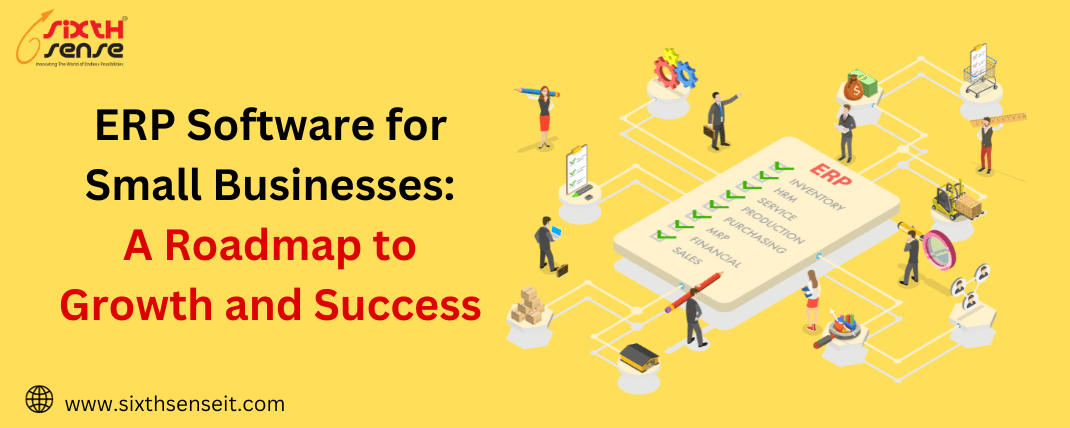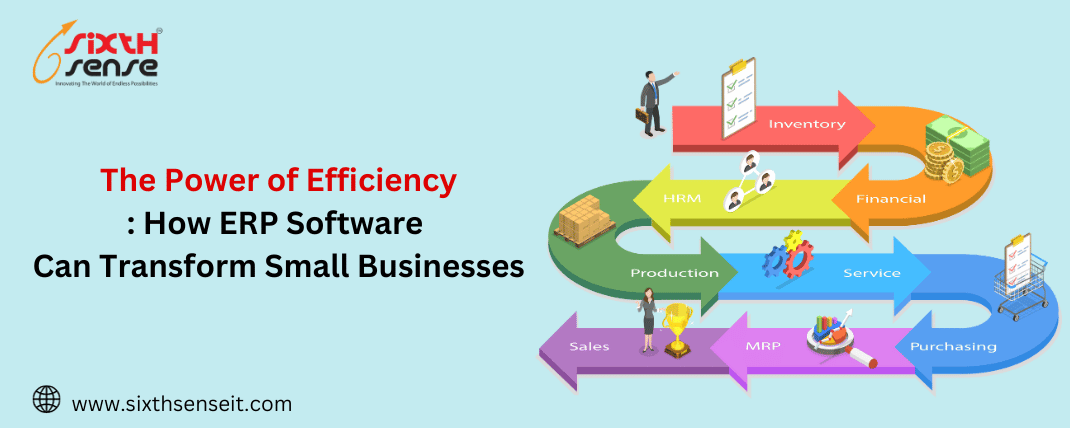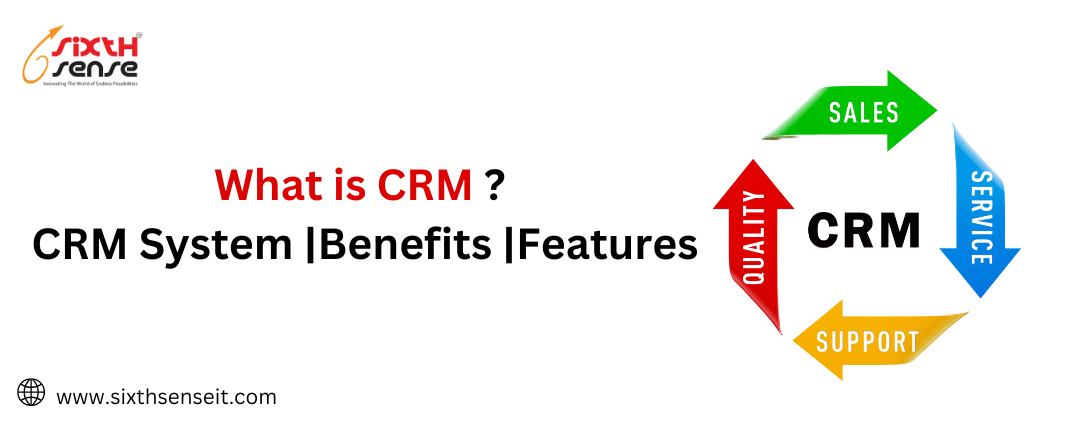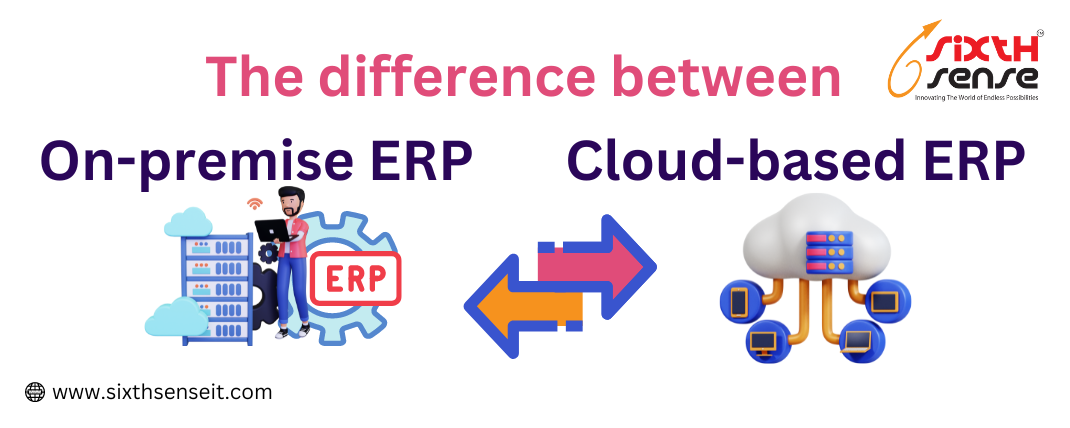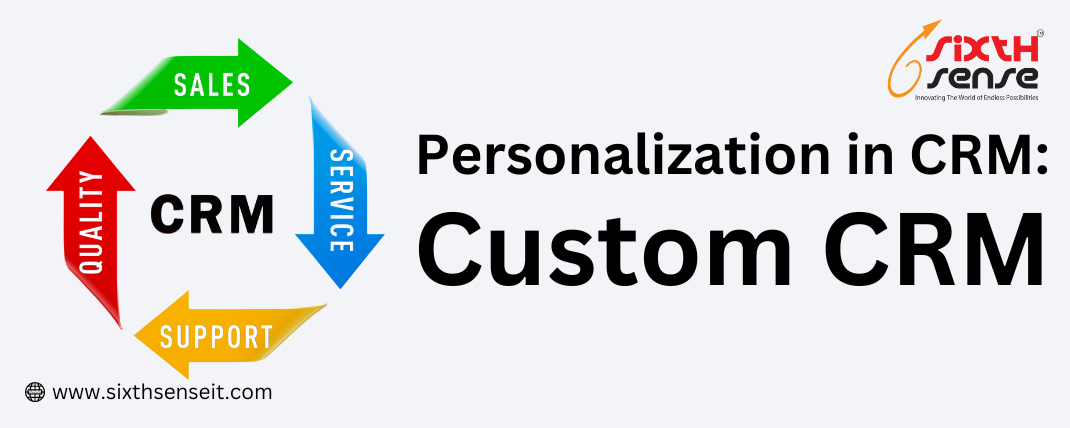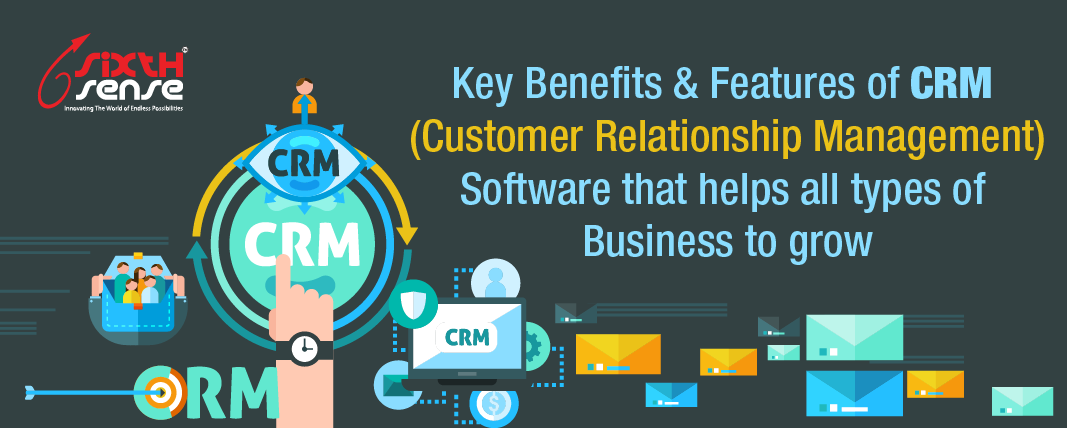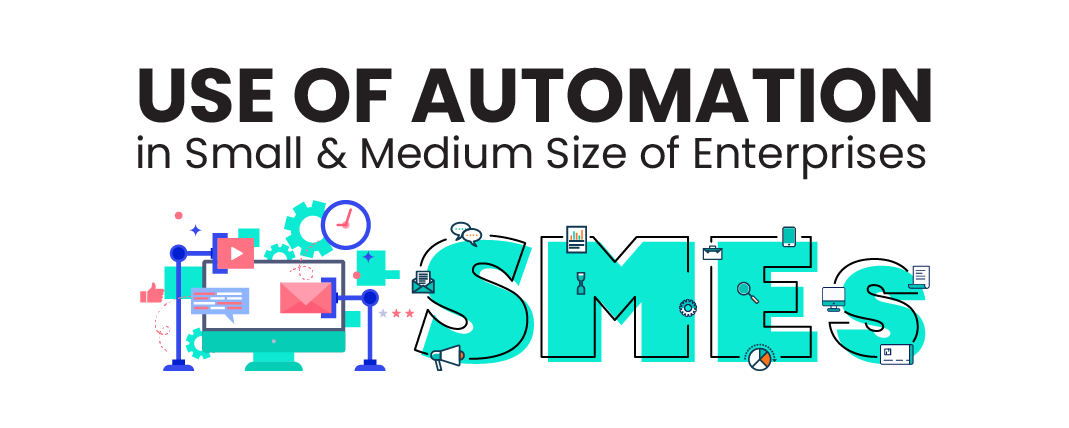
How Custom Software Development Aligns with Unique Business Goals


In the ever-evolving landscape of modern business, one size rarely fits all. Each company is unique in its vision, processes, and objectives, and standard off-the-shelf software may not always align with these specific needs. That's where custom software development comes into play. This extensive guide delves into the world of custom software development and how it serves as the linchpin in aligning with the distinctive business goals of organizations, offering tailored, efficient, and adaptable solutions.
In the realm of business, success is not merely about being profitable; it's about achieving specific, tailored objectives that define a company's mission and vision. Each organization has its own unique set of business goals, and these goals are the compass guiding its growth and evolution.
Custom software development serves as the bridge that connects businesses with their distinct objectives. It empowers organizations to align their software with their specific business goals, ensuring that their systems work cohesively to achieve these aims. In this guide, we explore the pivotal role of custom software development in aligning with unique business goals.
Business goals encompass a wide range of objectives, from increasing revenue and market share to improving customer satisfaction or streamlining operations. These goals are the driving force behind a company's strategies and initiatives.
Business goals are not just targets; they are the essence of a company's existence. Meeting these goals often defines the success and sustainability of the organization.
Standard off-the-shelf software solutions may not align with the unique business goals of organizations. This misalignment can create inefficiencies, hinder goal attainment, and limit the potential for growth.
Custom software development involves creating software solutions that are tailored to meet the specific needs of a business. Unlike off-the-shelf software, custom software is designed and built from the ground up to align perfectly with the unique processes and objectives of a particular company.
Customization is the cornerstone of custom software development. This adaptability allows businesses to achieve precise alignment with their business goals, enabling them to operate efficiently and effectively.
Custom software offers a plethora of benefits, including:
Custom software's potential to enhance business goal alignment is a major driving force behind its popularity.
Custom software can be tailored to directly address specific business goals, serving as a powerful tool for goal achievement, problem-solving, and process optimization.
Custom software streamlines operations, eliminating inefficiencies and enhancing overall efficiency. Efficient operations can lead to cost savings and better customer experiences, aligning with various business goals.
Business goals evolve with time and market conditions. Custom software is adaptable, enabling rapid adjustments to remain in sync with evolving business objectives.
User experience (UX) is pivotal for customer satisfaction. Custom software can prioritize user-friendly interfaces, reducing the learning curve for users and enhancing their experience, which aligns with customer-focused business goals.
Custom software can provide personalized user interfaces, tailored to the preferences and behaviors of customers. Personalization creates a sense of connection and enhances the customer experience, supporting customer satisfaction goals.
Custom software can offer real-time responses to customer queries, enabling faster issue resolution and a more streamlined support experience. Real-time support is a key contributor to customer delight and, therefore, the achievement of customer-centric business goals.
Data analytics tools within custom software allow businesses to gain insights into customer behavior, preferences, and market trends. This data-driven approach is invaluable for making decisions that align with and support business goals.
With data analytics, businesses can anticipate market trends and proactively offer solutions. This level of anticipation ensures alignment with market-focused business goals.
Custom software can analyze customer data to provide personalized product or service recommendations. Personalization enhances the customer experience and increases satisfaction, contributing to the achievement of various customer-centric business goals.
Explore how an e-commerce platform harnessed custom software to align with their growth objectives, resulting in increased sales, expanded market share, and enhanced profitability.
Learn how a manufacturing company streamlined its processes through custom software development, successfully aligning with efficiency and quality improvement goals.
Discover how a healthcare facility aligned its service delivery with the help of custom software, leading to improved patient satisfaction, cost savings, and the attainment of healthcare-focused business goals.
As organizations grow and set new objectives, custom software enables them to scale their operations without a drop in service quality. This scalability aligns with business growth goals.
Business objectives often change in response to market dynamics. Custom software allows for rapid adjustments, ensuring alignment with evolving business goals.
Custom software plays a pivotal role in supporting growth and adaptation. It can accommodate new features, integrations, and user loads without significant disruptions. This scalability ensures alignment with business goals remains consistent during growth.
Custom software development often follows agile methodologies, which enable businesses to adapt to changing requirements and market conditions rapidly. Agile development encourages collaboration, responsiveness, and adaptability, facilitating goal alignment.
Agile development practices allow businesses to make changes quickly based on evolving needs. This adaptability ensures that custom software remains in sync with changing business conditions, maintaining alignment with business goals.
To achieve business goals, it's essential to remain goal-oriented even in a dynamic market. Custom software empowers businesses to adapt to emerging trends and technologies, supporting ongoing alignment with business goals.
Explore the pros and cons of in-house development versus outsourcing, considering factors like expertise, cost, and resources when making this critical decision to ensure alignment with business goals.
When outsourcing, selecting the right development partner is crucial. This chapter offers guidance on evaluating potential partners, examining their portfolios, and assessing their compatibility with your business goals to ensure effective goal alignment.
Effective communication and collaboration with your development partner are essential for project success. Learn how to establish a productive working relationship to ensure your custom software aligns seamlessly with your vision of business goal alignment.
The technology landscape is continually evolving. This chapter explores emerging trends in custom software development, from AI and machine learning to blockchain and the Internet of Things (IoT), and how they will further enhance alignment with business goals.
To remain aligned with business goals, organizations must prepare for the future. This includes understanding the implications of emerging technologies and being ready to adapt. The future of custom software development is a future of even greater alignment with business goals.
Custom software development isn't just about achieving specific business goals; it's about transforming businesses. It empowers companies to be more goal-centric, innovative, adaptable, data-driven, scalable, and competitive. The flexibility and tailor-made nature of custom software position businesses for success.
In today's business world, achieving unique business goals isn't just an aspiration; it's a necessity. Custom software development offers a strategic path to aligning with and achieving specific business goals. By focusing on customization, innovation, data-driven decision-making, goal alignment, issue resolution, scalability, agility, and collaboration, businesses can position themselves for sustained success. Embracing custom software development isn't just an investment; it's a commitment to a future where business goals are not just met but exceeded.













































